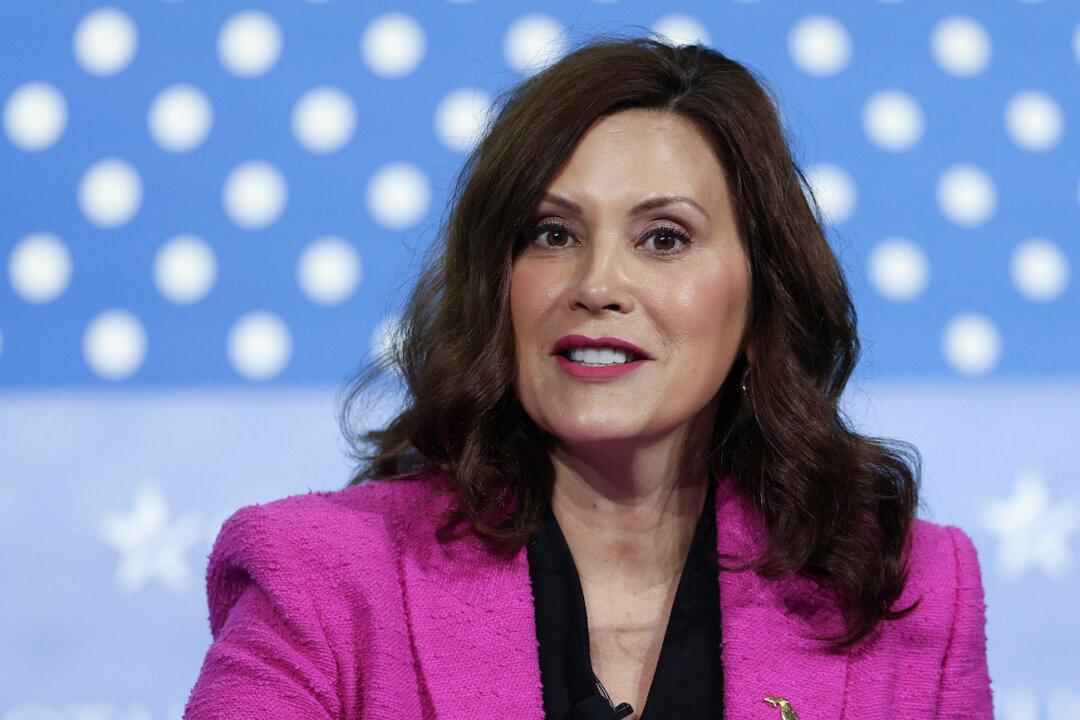Tariffs targeting Canada and Mexico could damage the U.S. auto industry, Michigan Gov. Gretchen Whitmer warned on Jan. 15, just days before President-elect Donald Trump is slated to take office.
Trump has vowed to initiate significant tariffs on goods coming from Canada and Mexico if either country fails to curb illegal immigration and drug trafficking into the United States.





